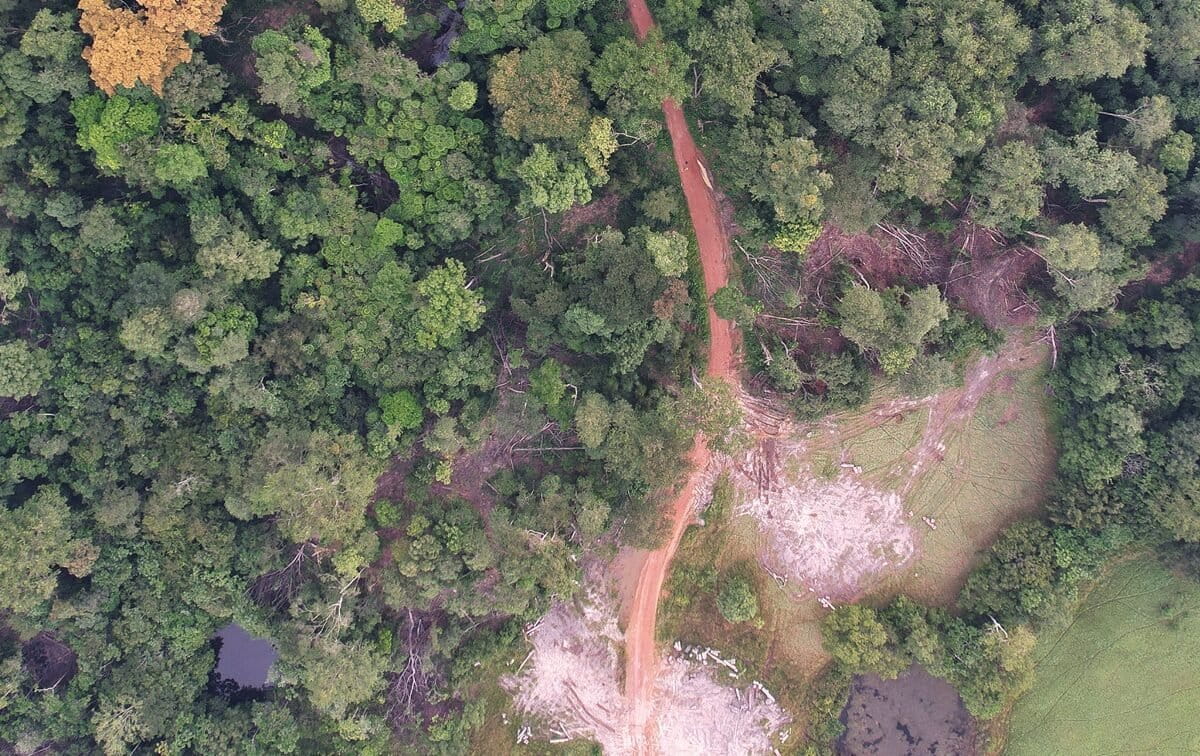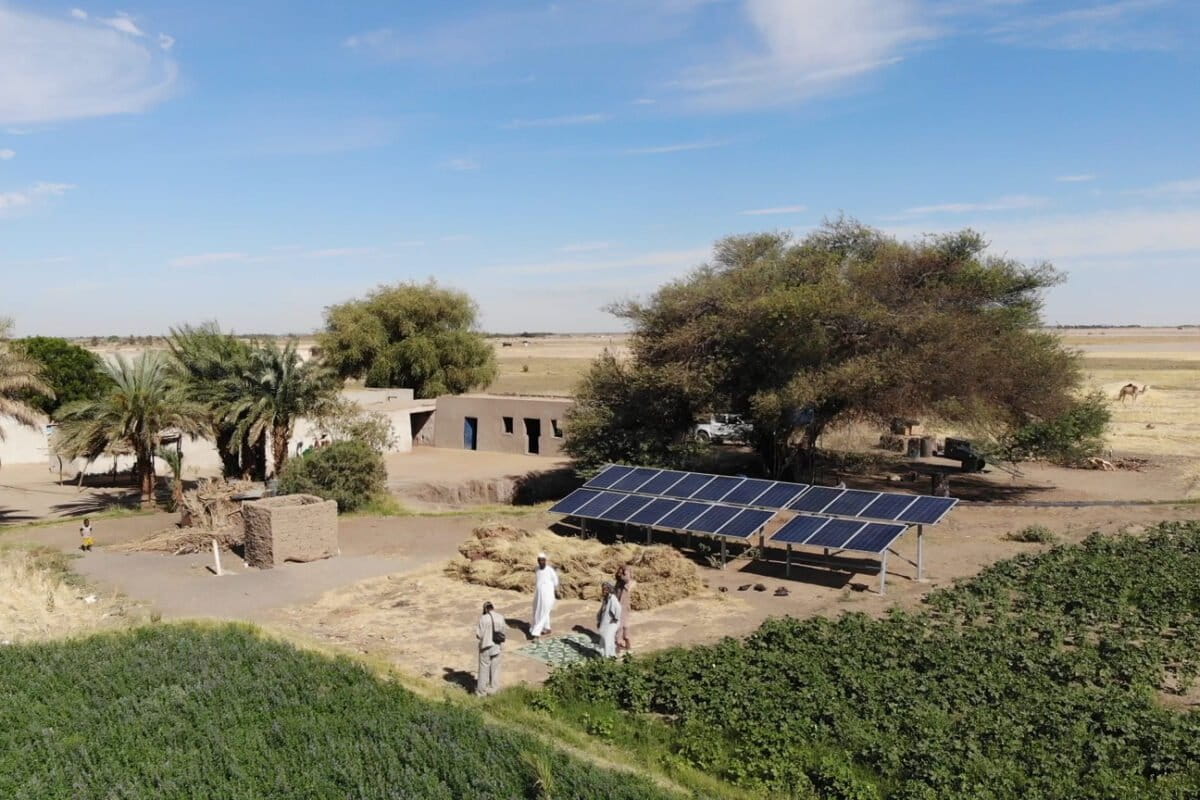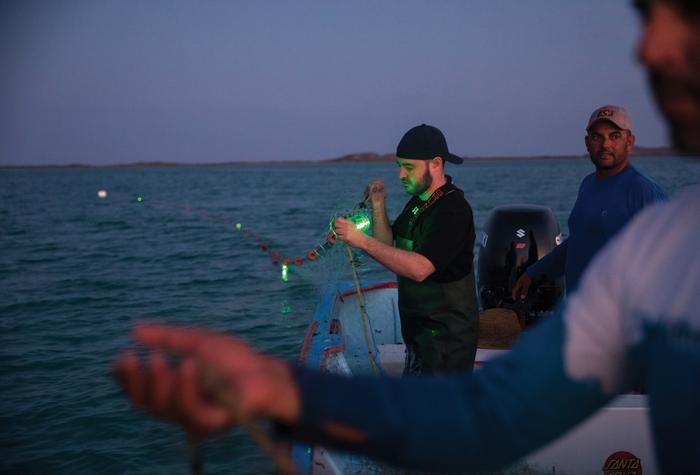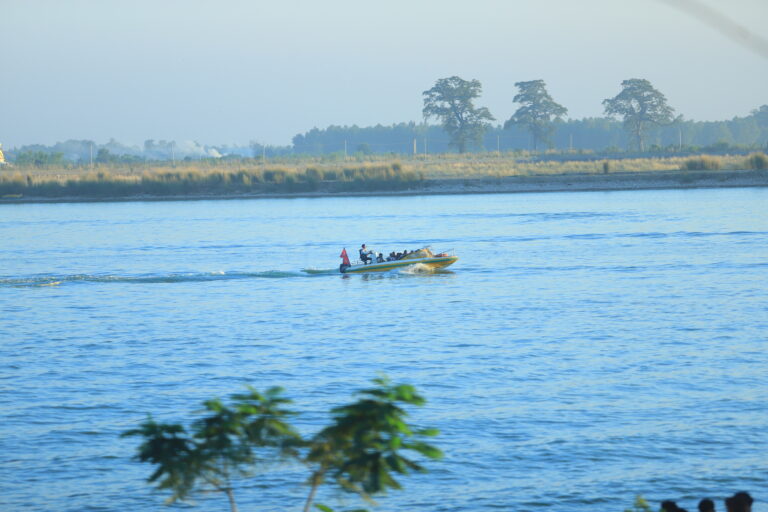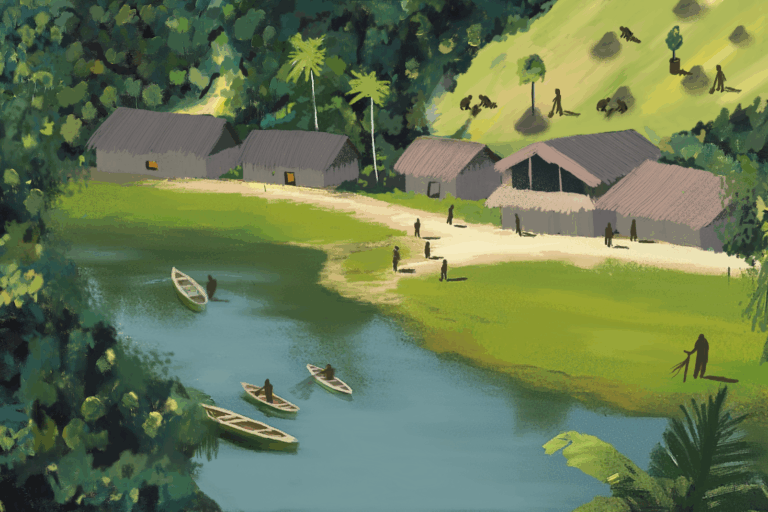- There were “way less than 100” vaquita left last spring according to biologists involved in assessing the population, and this year some unofficial estimates put their number at less than 50.
- At least three vaquita have already been killed this season, and the IUCN Cetacean Specialist Group said that necropsies of the vaquita confirmed the cause of death for all three was most likely gillnets, which vaquita become ensnared in after poachers illegally set the nets to catch totoaba.
- Mexico has adopted an emergency two-year gillnet fishing ban throughout the vaquita range, but illegal fishing for totoaba is increasing.
China’s demand for swim bladders from a giant Mexican fish called the totoaba is putting the species at risk. It’s also pushing a small porpoise known as the vaquita, one of the most endangered mammals in the world, to the brink of extinction.
Vaquita or vaquita marina (Phocoena sinus) live in a roughly 1,500-square-mile area of the upper Gulf of California, the smallest geographical range of any marine cetacean species. Biologists involved in assessing the vaquita population told Mongabay last May that there were “way less than 100” vaquita left, although they declined to give a specific number. More recent, unofficial estimates put their number at under 50.
At least three vaquita have already been killed this season, so whatever their population size, vaquita appear to be creeping closer to extinction every day. The IUCN Cetacean Specialist Group said that necropsies of the vaquita confirmed the cause of death for all three was most likely gillnets, which vaquita become ensnared in after poachers illegally set the nets to catch totoaba.
“In all three cases the cause of death was described as ‘trauma, entanglement,’” IUCN CSG’s Gill Braulik wrote. “The totoaba fishery has surged in recent years and is helping to drive the vaquita rapidly toward extinction. Currently all gillnets are banned in vaquita habitat, but the ban is in effect for only one more year.”

Mexico adopted an emergency two-year gillnet fishing ban throughout the vaquita range, but Braulik wrote that “It is essential and urgent to extend the ban and strengthen enforcement.” Both vaquita and totoaba are listed as critically endangered on the IUCN Red List.
Totoaba (Totoaba macdonaldi) swim bladders, also known as maws, can fetch anywhere from $2,500 to $9,400 per 100 grams, according to the Environmental Investigation Agency, making them attractive prey for poachers who employ gillnets that also entrap vaquita, who suffocate and drown when caught in the nets.
“In the past three years, half of the vaquita population has been killed in gillnets, many of them set illegally to capture a large and critically endangered fish called the totoaba,” the EIA reported.
“While this lucrative market continues, vaquita will inevitably die in illegal fishing nets and dwindle to extinction. Governments, customs and other enforcement agencies need to urgently step up efforts to halt the illegal totoaba trade in order to save both species.”
Practitioners of traditional Chinese medicine believe that swim bladders from fish in the family Sciaenidate, which includes totoaba, can cure a variety of ailments. Scientific research has yet to find any health benefits from consuming swim bladders, a specialized organ that lets fish control their buoyancy.
Captain Oona Layolle of the Sea Shepherd Conservation Society reported that she and her crew found the three dead vaquitas within three weeks of patrolling the Gulf of California for poachers and pulling up their nets whenever they could be found. Layolle wrote: “The beaches of San Felipe are littered with hundreds of dead totoabas with only their swim bladders removed.”
She added that “there are very likely fewer than 30 vaquita left. If we continue losing the vaquita at this rate it will be extinct by this December.”



